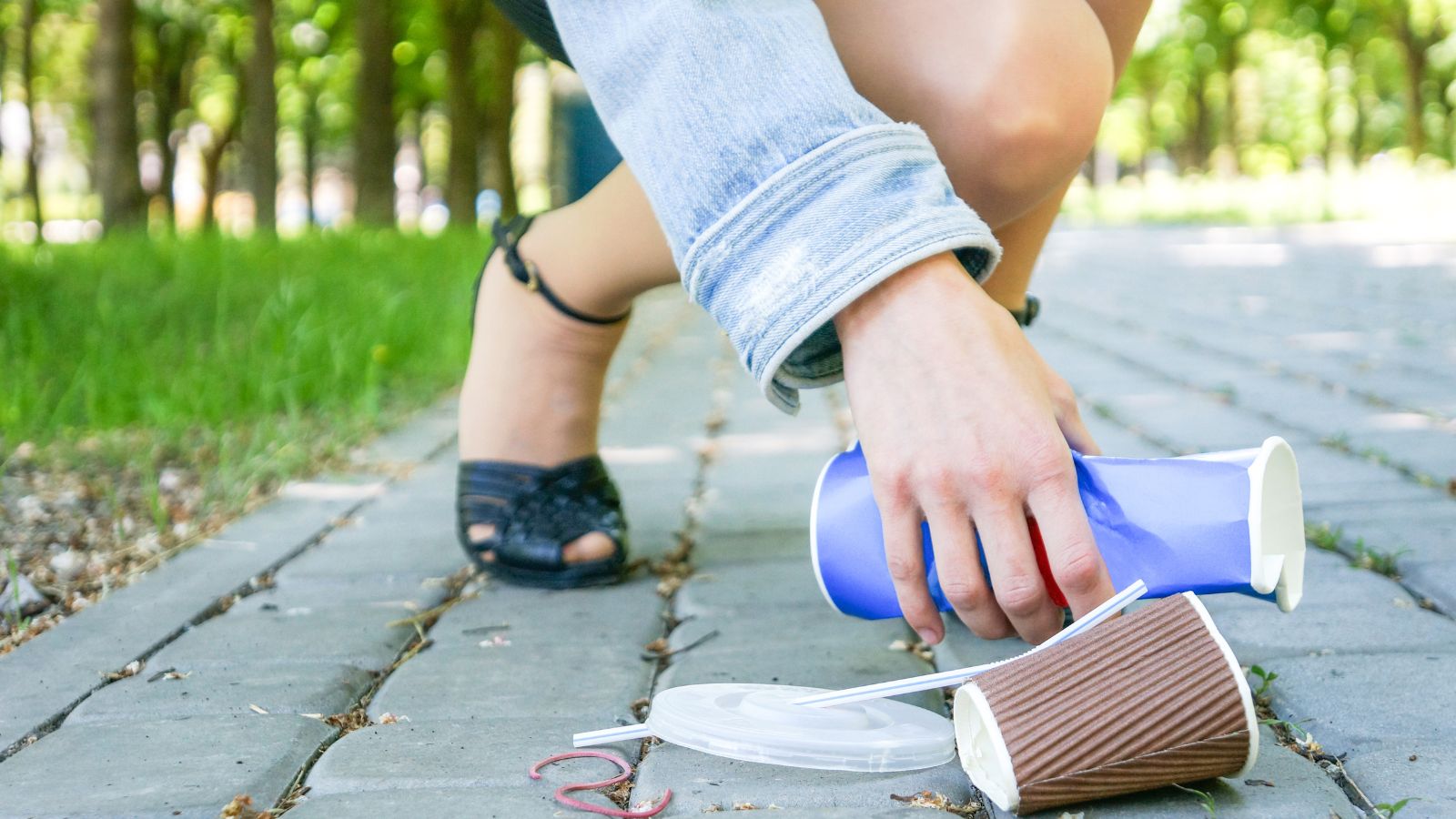Life has gotten faster and more convenient, which unfortunately means that certain manners have fallen by the wayside. Thanks to the distraction of our phones or shifting priorities, it would be that even the most basic of manners could one day very much be extinct—so let’s take a look at them before they’re gone forever.
Saying “Please” and “Thank You”

Saying “please” and “thank you” has always been at the heart of good manners, and it should be the simplest thing in the world, yet these words are noticeably absent from everyday conversations these days. Maybe it’s the rush to get through the day or the casualness of modern language, but interactions are a little more cold for it.
Holding the Door Open

Many people rush through doors without even glancing behind them to see if anyone is following them. Whether it’s a mother with a pram or someone carrying bags, the gesture of holding a door open shows thoughtfulness, but sadly, in busy cities or hurried moments, it’s all too easy to keep moving without considering the person coming after you.
Writing Thank-You Notes

While modern substitutes like emails and texts get the job done, they lack the personal effort and charm of an actual thank-you note, and it used to be that sitting down to write a thank-you card showed you’d truly taken time to appreciate someone’s effort or gift.
Its decline reflects how our appreciation has become less intentional because of the speed of interactions.
Giving Up Seats on Public Transport

Standing up to offer your seat to someone who needs it—whether they’re elderly, pregnant, or just visibly struggling—used to be a proud British tradition; unfortunately, it’s becoming less common, particularly as more people bury their heads in their phones. It’s not always about being rude, as sometimes people are just too distracted to notice.
Excusing Yourself When Interrupting

Interruptions happen and we know they’re part of life, however the polite thing to do has always been to say, “excuse me” or “sorry to interrupt.” People now jump straight into what they want to say without any acknowledgement of the intrusion when taking just a moment to acknowledge others can turn a potentially awkward situation into a courteous one.
Saying Hello to Neighbours

Do you chat to your own neighbours? Once upon a time, getting to know your neighbours was an everyday occurrence, greeting each other in passing and stopping for a brief natter, yet most people now would admit they try to avoid their neighbours as much as possible. There has been a decline in neighbourly interactions and less of a community feel because of it.
Being Punctual

Punctuality may seem old-fashioned, but it’s still a sign of courtesy, and turning up on time used to be a sign of respect and reliability. Lateness has now become almost casual, with excuses like “traffic” or “I lost track of time” being all too common, and even though everyone runs late occasionally, the increasing trend of being fashionably late undermines the importance of respecting other people’s time.
Waiting Your Turn in Line

We know that queuing is practically a British institution, but even this sacred tradition is under threat with individuals cutting in line or ignoring the queue entirely, especially in settings like self-checkouts or busy public events.
This disregard for queuing etiquette feels like a direct affront to the unspoken rules of politeness in this country.
Speaking Quietly in Public

There’s often someone shouting into their mobile on the Tube or a group dominating a quiet café, meaning the decline in public quietness is noticeable, and many people seem to forget that these are shared spaces and that they need to respect people around them. Loud phone conversations and animated discussions seem to happen everywhere now.
Keeping Your Phone Away at Mealtimes

The habit of scrolling on your phone at mealtimes isn’t just rude, it means you’re not present with others—worse still, if you’re getting out your phone on a dinner date. Putting the phone down shows that you value the company you’re with, and it brings focus back to real-life connections.
Respecting Personal Space

Personal space is a fundamental courtesy, but these days it feels like people have forgotten its importance, like when standing too close in a queue or jostling past in a crowded train, and this lack of spatial awareness can make everyday interactions uncomfortable. Respecting someone’s boundaries is a small thing with huge meaning.
Cleaning Up After Yourself in Public

If you’re leaving litter in parks, coffee cups on tables, or takeaway wrappers on benches, it might mean you’re losing basic manners, too, and it’s an all-too-common sight.
It’s as though some people expect an invisible cleaner to follow them around while cleaning up after yourself simply means respecting the shared environment.
Apologising When in the Wrong

Saying “sorry” may be stereotypically British, but there’s a difference between a casual “sorry” and a genuine apology. Lately, meaningful apologies seem harder to come by, with the reluctance to own up making relationships strained. A sincere apology shows humility and a willingness to mend things, so it’s a shame when people skip this vital step.
Listening Without Interrupting

Listening is an art, but it’s one that’s being forgotten, because conversations today often feel like a race to talk rather than a chance to truly hear each other. Interrupting, talking over others, or simply not paying attention has become far too common.
Dressing Respectfully for Occasions

Dressing thoughtfully shows effort and respect—it’s a way of honouring the importance of the event or situation, and there’s a time and place for casual attire. But it seems like many have blurred the lines when it comes to dressing for specific occasions, such as wearing jeans to a formal wedding.
Respecting Quiet Zones

Libraries, trains, and other quiet zones were once havens for peace, but they’re no longer as serene as they used to be thanks to loud conversations and chatter, oblivious to the fact that quiet zones are meant to provide respite and focus for those who need it. Ignoring that purpose disrupts others’ ability to enjoy them.
Returning Borrowed Items

It goes without saying that borrowing something from someone, like a friend or neighbour, comes with the unspoken promise of returning it promptly and in good condition, yet unfortunately it seems that many people have forgotten this basic etiquette, too. Items are either not getting returned at all, or people purposefully avoid returning them because they either can’t be bothered or want to keep them.

